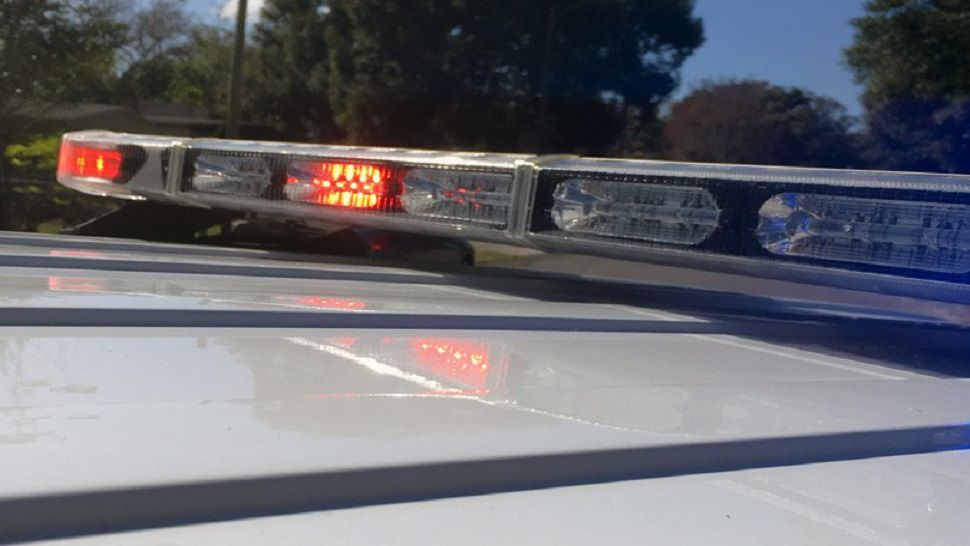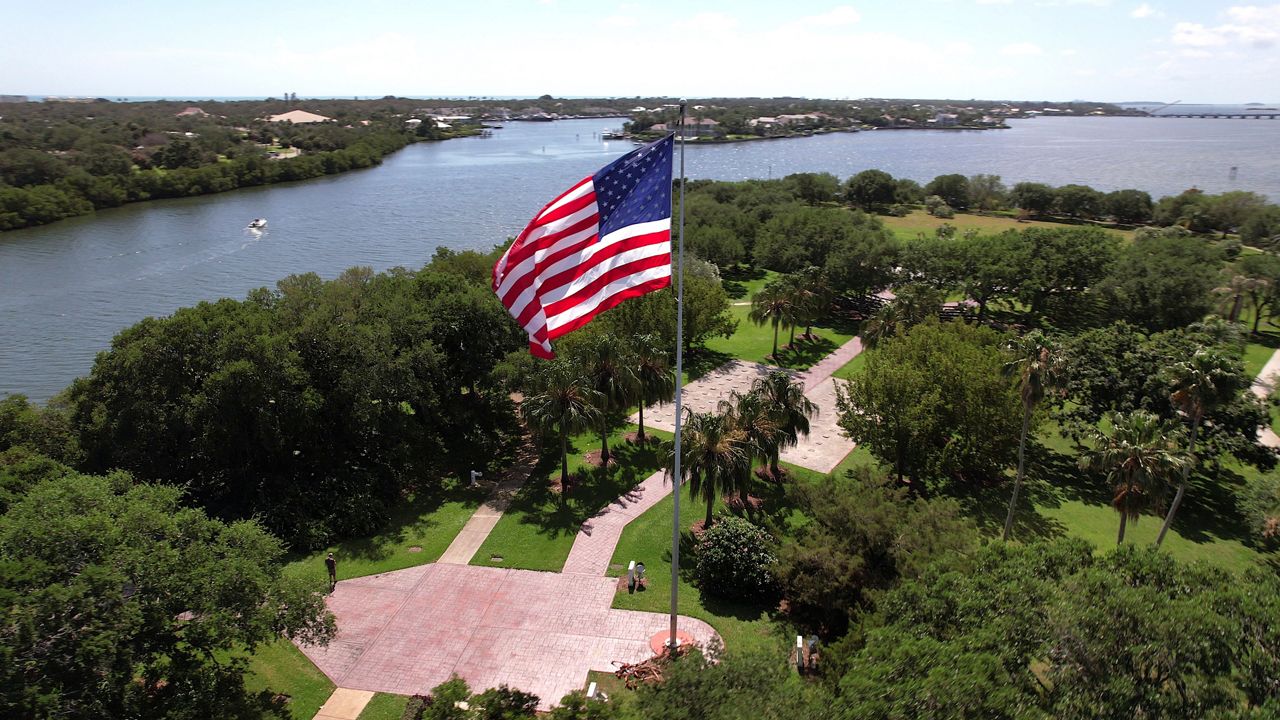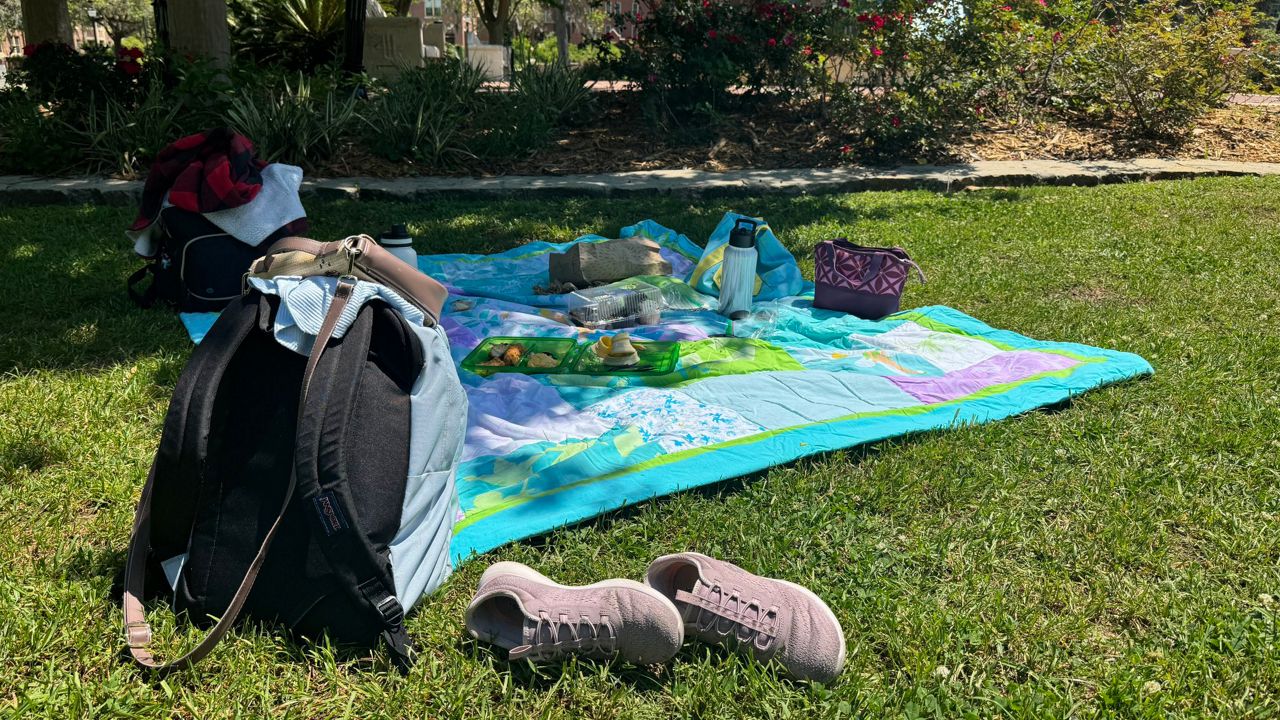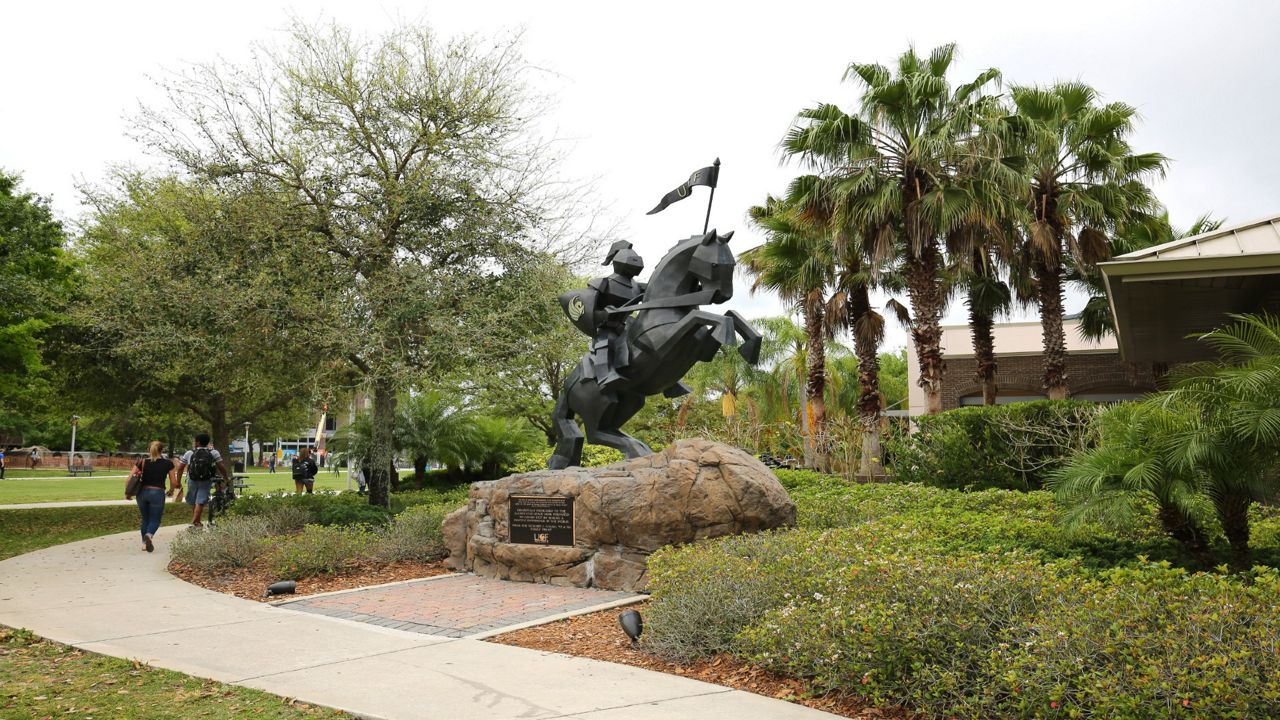ORLANDO, Fla. — One of the 18 members selected for the Pulse Memorial Advisory Committee by the city of Orlando on Wednesday shared what it is like for her to be a part of an event shaped by tragedy.
As news of the committee makeup made its rounds, it left some Pulse community members unhappy about how the selection process panned out. Some felt that there was a lack of representation among mothers of victims and mothers from the Hispanic community as well.
Bridging the gap for mothers who lost their children is what Orlando resident Nancy Rosario will do now as one of the newly appointed members of the committee.
Committee members are made up of victims’ families, survivors and other stakeholders within the community, including design architects who will spearhead ideas for the permanent Pulse memorial over the course of the next six months.
The goal is to create a memorial site that will honor the lives of the 49 lost on June 12, 2016, during a terrorist shooting attack.
On June 7, Dr. Larry Schooler announced the creation of the committee, and less than three weeks later, the city of Orlando had already received more than 150 applications. Seventeen days have transpired between the June 23 deadline to submit those applications and the announcement date of which members had made the cut.
Rosado, a retired New York Police Department officer who has become a community advocate in Orlando since the Pulse Nightclub terror shooting, was selected to be on the committee
Rosado says as a member of the LGBTQ+ community herself, she was immediately concerned when she saw the news of the shooting unfolding at the once popular gay nightclub. She knew she had to do something, so she rushed to the hospital and came across a large room where families of victims and survivors waited desperately for answers.
“I walked in, and honestly, it was like walking into my family’s house when someone has passed away,” Rosado says.
As a Spanish speaker, entering that room hit particularly close to home, she says, because many of the victims’ families were of Puerto Rican descent like herself. The language barrier was one of the main drivers for her to become involved with the families, she says.
“I realized translation was the biggest thing. It’s not a moment for therapy," she says. "It’s more of a moment to just be that bridge.”
Bridging the gap was nothing new for Rosado, who over the past few years has worked with several grieving mothers in a group setting as part of University of Central Florida’s Restores program.
Although she says she is honored to be picked as a committee member, she concedes that she would give up her spot to another mother who has lost a child in the tragedy.
“It should be them determining what this looks like, what this is going to look like, what is this tribute to their children because it is a memorial,” she says.
Not many mothers have been selected to be a part of the memorial committee, and she says she feels there is a disproportionate lack of Latino mothers.
It’s important for the city to recognize that fact because most of the victims who lost their lives were Hispanic, Rosado says
But Rosado’s main priority now is to make sure to be that voice for those mothers who weren’t selected for the committee and to continue to shine a light on the Hispanic community of mothers.
Rosado says her hope is “to be able to bring some balance to the group in how they're thinking and including what the moms have said to me or have confided.”
As a 9/11 survivor, she says she understands firsthand what tragedy feels like.
“I can tell you that this is not an easy fix. It’s not a year, it’s not two years, it can be a lifetime of reliving things,” she explains.
But after eight years, she says just wants to get the ball rolling on the permanent memorial so the mothers, families and survivors can begin their healing process.
“Building a memorial doesn’t bring back a child. It gives you a place to sit, think and contemplate," Rosado says. "But on the other end, once it’s all said and done, now you have to continue dealing with those feelings. And I’m hoping that this opens up the door to healing.”
Rosado says she’s impressed by how quickly the city of Orlando got these meetings started.
The first two meetings of this committee will take place on July 24 from 4 p.m. to 8 p.m. and July 25 from 4 p.m. to 6 p.m., in the Kia Center’s Hourglass Room on 400 West Church St., Orlando.
Meetings will run on a monthly basis through the end of this year.
Now, she says she hopes nothing will delay it any further.
For those who can’t attend the meetings in person, a virtual meeting link will be provided in English and in Spanish.
City officials have also said that they are encouraging the community’s input regarding the design of the permanent memorial.
A first open house will be held during the second meeting on July 25 from 6 p.m. to 8 p.m. for those who wish to provide feedback.
This open house meeting will also be available to attend virtually in English and in Spanish.









